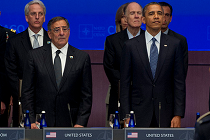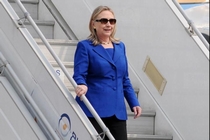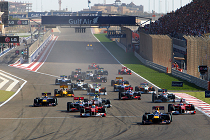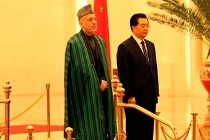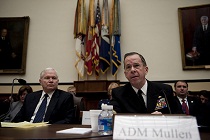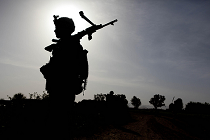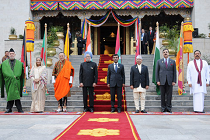NATO-Pakistan: Frigid in Chicago
Pakistan’s refusal to re-open NATO supply routes into Afghanistan has made the country an instant pariah in the U.S. at the NATO Summit. The communiqué released confirms a withdrawal of 130,000 troops by as early as mid-2013. Can the remaining soldiers help maintain peace when a force much larger could not?

